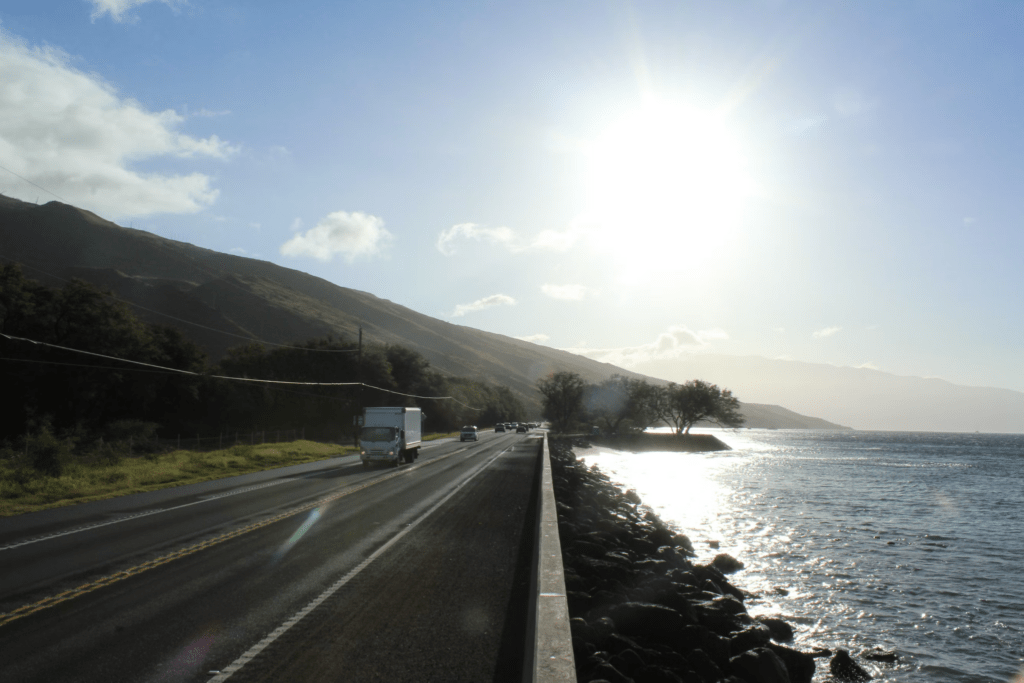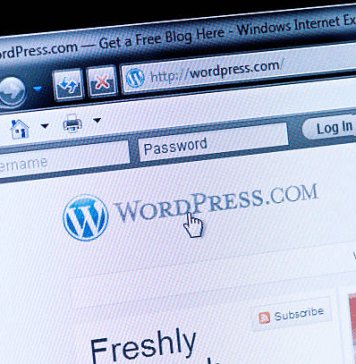
Moving to Hawaii can be a dream come true, but it is recommended to consider all aspects of living there as they exist in reality. Surfboards and poke bowls may not be available everywhere, and the cost of living may be higher than in other areas.
Research the island that you intend on moving to before making your decision; doing this may help avoid culture shock or feeling trapped upon arriving there, something many newcomers encounter.
Cost
Relocating from another state to Hawaii requires careful consideration of all associated costs, such as shipping household goods and furniture, as well as living expenses, such as rent, food, and utilities. A savings cushion should be put aside to cover these additional expenses when making this important decision.
According to this article, Hawaii has one of the highest costs of living in the US, so it is wise to plan accordingly. A cost-of-living calculator may help you figure out exactly how much it will cost to live there and ensure that your income covers these expenses. You should also speak to employers about negotiating salaries that reflect Hawaii’s higher costs of living.
Transportation will also be an essential consideration, with public transit limited in Hawaii, making navigating its islands challenging without a car. Many residents rely on them but having a backup plan in case one cannot be purchased or rented upon moving here is also advised.
Shipping Your Car
Shipping your car to Hawaii involves several important considerations. First and foremost is assessing its value; shipping may not make financial sense if its resale value falls short of shipping and registration expenses. Also, be sure to investigate public transit options in your destination city; Oahu has some of the finest buses in America, for instance.
For an accurate idea of your shipping costs, find a reputable car moving company that specializes in Hawaii auto transport. Next, request a custom quote tailored specifically to the size and destination of your vehicle. Inquire about residential/commercial pick-up/drop off options as well as door-to-port/terminal-to-door services as well as title registration copies with insurance policy copy attached; your carrier will also require notarized letters from lienholders authorizing its shipment.
Before shipping your car to Hawaii, it’s important that all personal belongings be removed from both the interior and exterior of your vehicle. Turn off your alarm system and leave no more than a quarter tank of gas in it; a necessary step when you ship car to Hawaii or other states. Your vehicle will undergo an in-depth inspection prior to shipping it overseas; make sure all personal items have been cleared out as well as clean without debris build-up before handing over your keys!

Packing
Moving to Hawaii provides an idyllic lifestyle surrounded by nature and warmth, but can present its own challenges. Before making the leap, several important issues must be considered before embarking on this adventure; such as employment and housing issues, shipping personal possessions (and possibly your car); as well as adapting to local culture and costs of living.
Step one in moving to Hawaii – even before your packing begins – should always include finding employment. Whether employed by someone else or self-employed, it’s crucial that your salary covers the higher costs of living on these islands. When considering relocation for work purposes it is also a good idea that you consider local job markets and whether your current skills and experiences will transfer over.
Now, as you are beginning the packing process, it’s advisable to downsize as much as possible. Many items won’t be necessary in your new home, and you’ll save on moving expenses by eliminating clutter. Pack any items intended to be donated or sold prior to moving day.
Insurance
Hawaii may be an exotic and stunning place, but its challenges cannot be taken for granted. Living costs are high, island fever can occur quickly, and natural disasters pose risks; but with careful planning and an adaptable attitude, these challenges can be surmounted.
When planning to relocate to Hawaii (which you can learn how to do here: https://www.hawaii-guide.com/moving-to-hawaii) it’s integral that you carefully consider all costs involved in making this transition. These may include employment opportunities, housing arrangements, shipping your car, and health insurance policies, as well as local laws regarding pet ownership and quarantine.
Hawaii’s job market is robust, offering numerous opportunities across tourism, healthcare, education, government, and renewable energy industries. Recent years have also seen an upswing in renewable energy jobs as well as tech. To ensure an easy move and adequate coverage of expenses by your salary, it’s wise to secure one before arriving.
The Big Island is known as the home of the world’s most active volcano and an attractive nature travel destination. It’s famous for its black sand beaches and serves as a refuge for endangered hawksbill and green sea turtles. Tropical temperatures range between 68 and 91 degrees Fahrenheit with tropical storms and hurricanes often taking place here; earthquakes are not unheard of on The Big Island!













